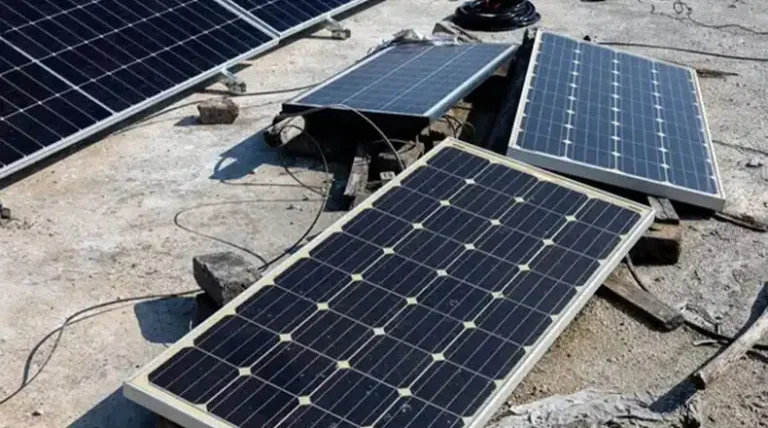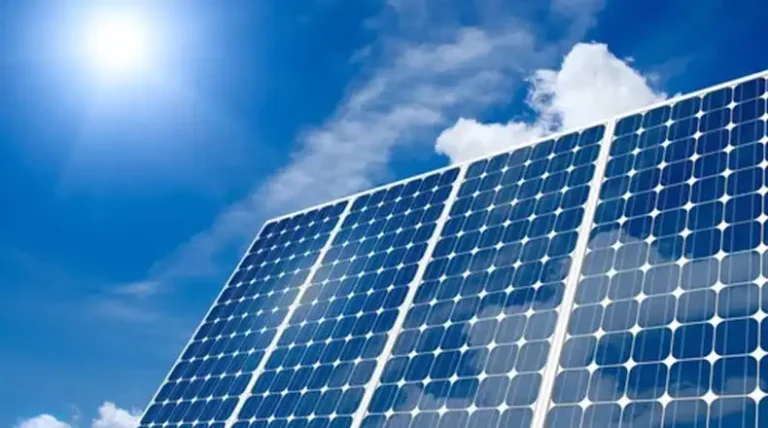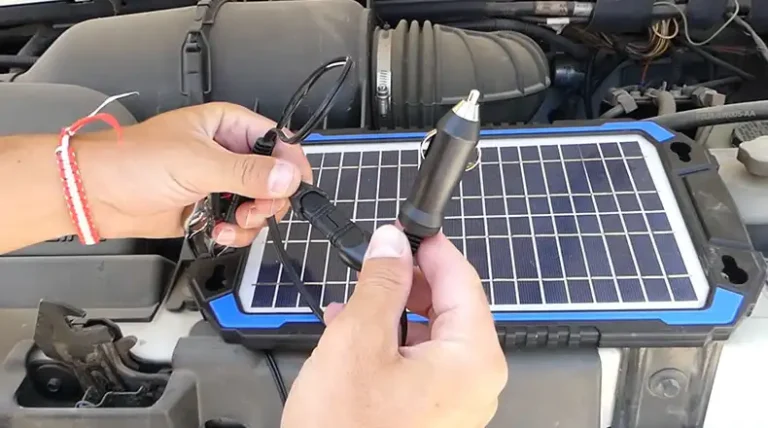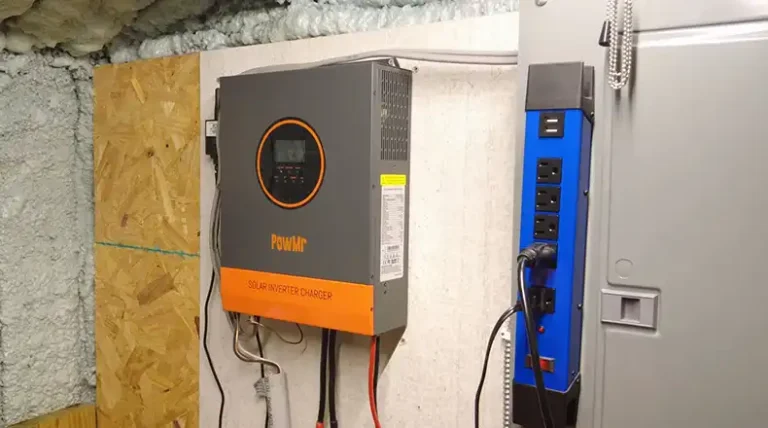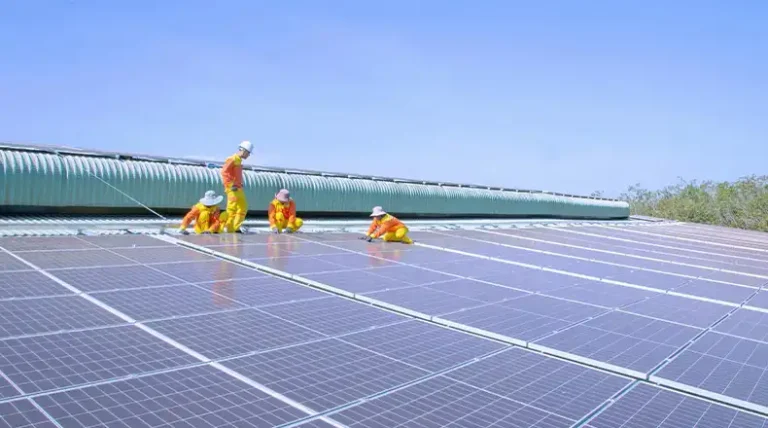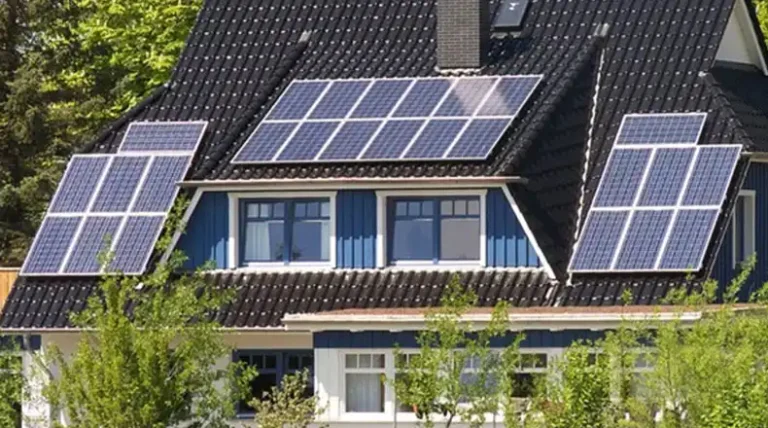Can I Charge Tenants for Solar Power? What You Should Know
As solar power gains traction and more homeowners turn their gazes skyward for energy solutions, a question is on the rise for property owners: If you’ve installed solar panels on your rental property, can you charge your tenants for that power?
The direct answer is, “Yes, but with certain conditions.” While it’s legally permissible in many areas to recoup costs or charge tenants for solar power, it’s vital to ensure transparency and fairness.
Let’s shed some light on this illuminating topic.
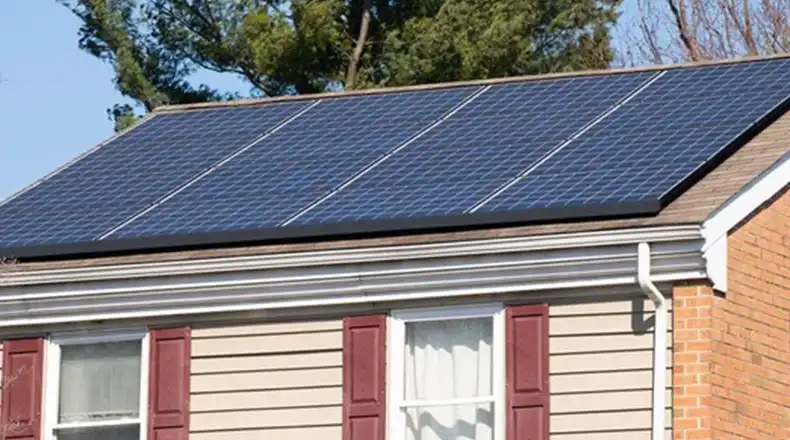
Legal Implications and Lease Agreements
Before you charge tenants for solar energy, you must consider the legal landscape of your region. Many states and countries encourage renewable energy use and have specific regulations concerning landlord-tenant relationships and utilities.
- Lease Clauses: It’s crucial to include a clear clause in the lease agreement about the solar energy charges. Transparency from the outset helps avoid any disputes down the line.
- Fair Pricing: Charging tenants more than what they would usually pay for traditional electricity can land you in hot water. Some jurisdictions have regulations in place to prevent this.
- Maintenance and Repairs: As the property owner, you’ll typically be responsible for maintaining and repairing the solar installation.
So, When Can You Charge Tenants for Solar Power?
If you’ve decided to charge your tenants for solar power, ensure you’re adopting a fair pricing model. Here are the ideal circumstances to charge tenants for solar power arise:
- Clear Communication: Before installation, discuss with potential or current tenants about the transition to solar power. Gauge their interest and concerns.
- Updated Lease Agreement: Once a consensus is reached, update the lease agreement to reflect the solar power charges. This update should include the pricing model, responsibilities for repairs, and any potential benefits to the tenant like fixed rates.
- Fair Pricing Structure: Ensure you’re not charging tenants more than the local standard rate for traditional electricity. It’s crucial to be competitive and fair to make the transition beneficial for both parties.
- Positive ROI: Charging tenants can also be viable when the return on investment (ROI) on solar installation is favorable. This means that the cost savings over time — from tax incentives, increased property value, and revenue from tenants — outweigh the initial installation costs.
- High Solar Power Generation: If the property is in a sun-rich area where the solar panels consistently generate ample electricity, it’s more feasible to charge tenants as they’ll be receiving a consistent and reliable power source.
How Much Should You Charge Tenants For Using Solar Power?
Determining how much to charge tenants can be a delicate balance. Overcharging might deter potential tenants while undercharging could lead to losses on your investment. Here’s a guideline to help you set the right price and things to consider :
- Cost Recovery
Initially, consider the total cost of your solar panel installation. Decide on a time frame over which you’d like to recover this cost, and set a monthly rate accordingly. This ensures you recoup your investment over time.
- Local Utility Rates
Research the average utility rates in your area. Your price should ideally be competitive, if not slightly lower, to attract and retain tenants. Charging more than the standard electricity rate might not be justified unless you’re offering additional amenities or benefits.
- Energy Generated
Monitor the energy production of your solar panels. If they consistently generate a surplus of energy, consider this when setting your rates.
- Maintenance Costs
Incorporate occasional maintenance costs. Even though solar panels require minimal maintenance, there are occasional costs involved, like cleaning or part replacements.
- Tax Incentives and Credits
If you receive tax benefits or credits for your solar installation, consider passing on some of these savings to your tenants. It could be a selling point and make the property more attractive.
Benefits to Tenants of Solar Power
Why would a tenant agree to pay for solar power? Here’s the sell:
Stable Pricing: Unlike traditional utility prices that can fluctuate, solar power often offers more stable pricing.
Eco-friendly Living: Many tenants are environmentally conscious and appreciate the ability to utilize green energy.
Possible Savings: Depending on the energy consumption and production balance, tenants might end up saving money in the long run.
For landlords:
- Property Value: Solar installations can increase property value and make rentals more attractive.
- Tax Incentives: Many regions offer tax breaks or incentives for property owners who install solar panels.
- Continuous Revenue Stream: If set up efficiently, solar power can provide a steady revenue stream, especially in sun-rich regions.
Commonly Asked Queries
Is solar power reliable for tenants?
Absolutely. With modern solar installations and battery backups, tenants can expect consistent power. However, it’s always good to remain connected to the grid for any emergencies.
What if the tenants install their own solar panels?
This can be tricky. It’s essential to address this in the lease agreement. Typically, any permanent installations become the property of the homeowner, but this can be negotiated.
Are there insurance implications for solar installations on rental properties?
Yes, adding solar installations can affect your property insurance. Always check with your provider before installation.
How long do solar panels last on rental properties?
Modern solar panels can last 25-30 years with minimal maintenance, making them a long-term investment.
Can tenants benefit from solar tax credits?
Typically, the person who owns the solar installation (usually the property owner) receives the tax credits. However, some arrangements might allow tenants to benefit, especially in commercial properties.
Ending Up
Harnessing solar power for rental properties can be a win-win for both landlords and tenants. It offers an eco-friendly, often cost-effective energy solution for tenants while providing landlords with potential tax benefits and added property value. However, open communication, a clear lease agreement, and fair pricing are essential to ensuring a smooth sun-powered journey for all involved.

